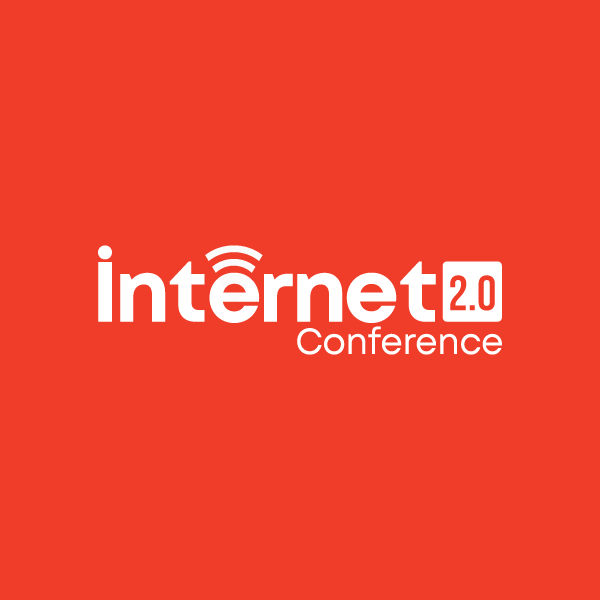One of the Internet 2.0 Conference's panel discussions, hosted in the USA, discussed challenges and scams associated with cyber security and ways to prevent them.
LAS VEGAS - March 28, 2023 - PRLog -- In today's digital age, cybersecurity has become more crucial than ever. With the widespread use of the internet and electronic devices, cybersecurity plays a vital role in protecting critical infrastructure, government agencies, businesses, and individuals.
Unfortunately, while cybersecurity measures are implemented to safeguard our data and networks, cybercriminals continually develop new tactics and techniques to bypass these security measures. These scams, spam, and frauds can have devastating consequences, including financial loss, identity theft, and damage to reputation. Panelists at the Internet 2.0 Conference on December 19-21, 2022, at Mandalay Bay, Las Vegas, USA, reviewed some of the most common scams, discussing their impact on online businesses and the prevention measures that can be taken to protect against them.
Phishing is a common cybersecurity scam where attackers send fraudulent emails or messages pretending to be from a legitimate source. The goal is to trick the user into clicking on a link or downloading a file that contains malware or directs them to a fake website where they are prompted to enter their login credentials or other sensitive information.
Experts on stage at the Internet 2.0 Conference highlighted spear-phishing, a more targeted form of phishing involving personalized messages that appear to come from a trusted source.
Malware attacks are another common cybersecurity scam that involves installing malicious software on a victim's computer or network. This can include viruses, worms, Trojan horses, and ransomware. Malware can be installed through phishing emails, infected downloads, or exploiting vulnerabilities in a system or application.
Social engineering is a tactic used by cybercriminals to manipulate and deceive victims into divulging sensitive information or granting access to their systems. Social engineering can take many forms, such as impersonating a company representative, posing as a friend, or using emotional manipulation to gain the victim's trust.
The impact of cybersecurity scams can be devastating, resulting in financial loss, identity theft, and damage to reputation. Cybercriminals can use stolen information to commit fraud, make unauthorized purchases, or access sensitive information.
Preventing cybersecurity scams requires a multi-layered approach that includes user education, security awareness training, and implementing technical measures to protect against attacks. But first, it is crucial to educate oneself about cybersecurity scams. Understanding the risks and identifying potential threats is the first step toward protecting oneself from these scams..
Global internet conferences, such as Internet 2.0 Conference, review scam & spam offenses and fraudulent activities to help spread awareness and educate professionals on the early red flags and prevention measures that can be taken to avoid being defrauded.
Contact
Internet 2.0 Conference
***@internet2conf.com
Photos: (Click photo to enlarge)
Read Full Story - Internet 2.0 Conference Reviews Scams & Cybersecurity Measures | More news from this source
Press release distribution by PRLog
Internet 2.0 Conference Reviews Scams & Cybersecurity Measures
March 28, 2023 at 09:17 AM EDT














